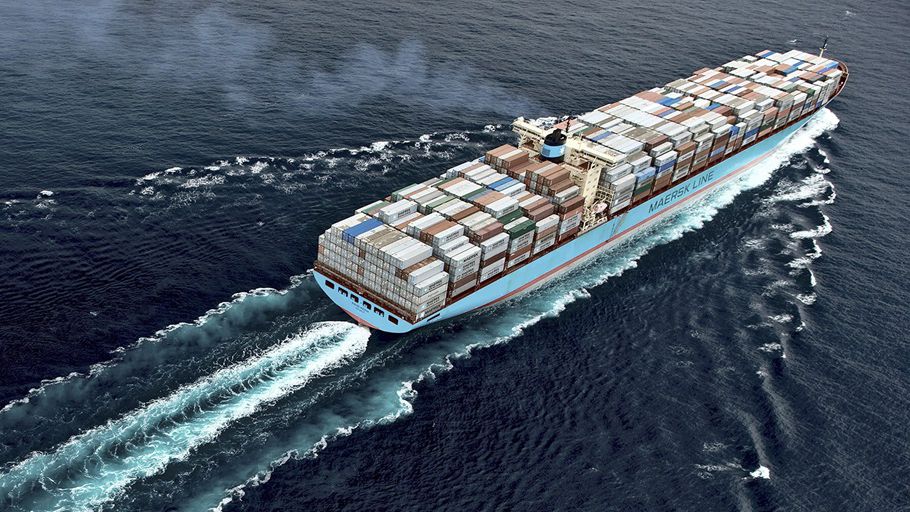Maersk Calls for Ambitious CO2 Cuts
November 15, 2017 In a letter released this week, Maersk head of sustainability strategy John Kornerup Bang called for a concerted effort from shipping to reduce its carbon dioxide emissions. “Raising the ambition for global regulation remains crucial to ensure shipping’s contribution to reach the Paris Agreement’s goal of staying below 2°C temperature rise,” he said. “While shipping is often the most efficient way of moving goods over long distances, the industry must step up its efforts to pollute less.” IMO member states have agreed to a broad outline for setting emissions reductions goals, but they have not yet committed to specific percentage targets or to a timeline. Over the coming three decades, shipping’s share of the world’s CO2 output is set to rise to about 15 percent from its current level of about two percent, according to the UCL Energy Institute and the Danish Shipowner’s Association. Climate activists say that due to shipping’s rising share, reining in carbon emissions on the high seas is an important part of keeping the world’s atmospheric CO2 concentration in check. Bang said that the ongoing COP23 climate summit in Bonn, Germany would be a good time to continue negotiations on commitments from shipping. Like others in the industry, he noted that much more innovation will be required before shipping can do without fossil fuel altogether, but he pointed out that IMO has already identified existing technology to cut the sector’s emissions by 75 percent. Maersk has often been at the head of the pack on energy efficiency, and it was an early adopter of ultra large container ships, slow steaming, bulbous bow replacements and other innovations. Overall, Maersk Line has cut its CO2 emissions per TEU by 40 percent over the last ten years, and Bang said that it is aiming to take this to 60 percent by 2020. However, he stressed that the world’s largest ocean carrier can’t do it alone. The solution, he suggests, is regulatory guidance that would level the global playing field. In particular, he said that Maersk was disappointed that shipping was not included in the COP21 treaty in 2015; the sector was left out of the landmark climate agreement following lobbying by IMO, which argued that shipping’s CO2 should be regulated through the traditional convention and ratification process. Over the years since, IMO’s member states have not yet settled on specific regulations, though they have agreed to a fuel consumption monitoring program. Bang said that the pressure is on for IMO to act, and “we would have preferred to see more progress during [the latest meeting] in October this year, particularly on the level of ambition.” He expressed hope that IMO will reach an agreement with concrete measures at the next MEPC meeting next year. Source: Maritime Executive |
